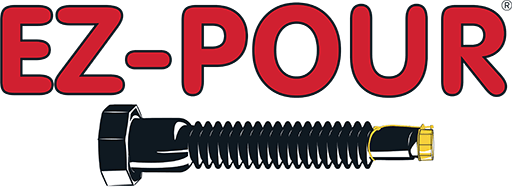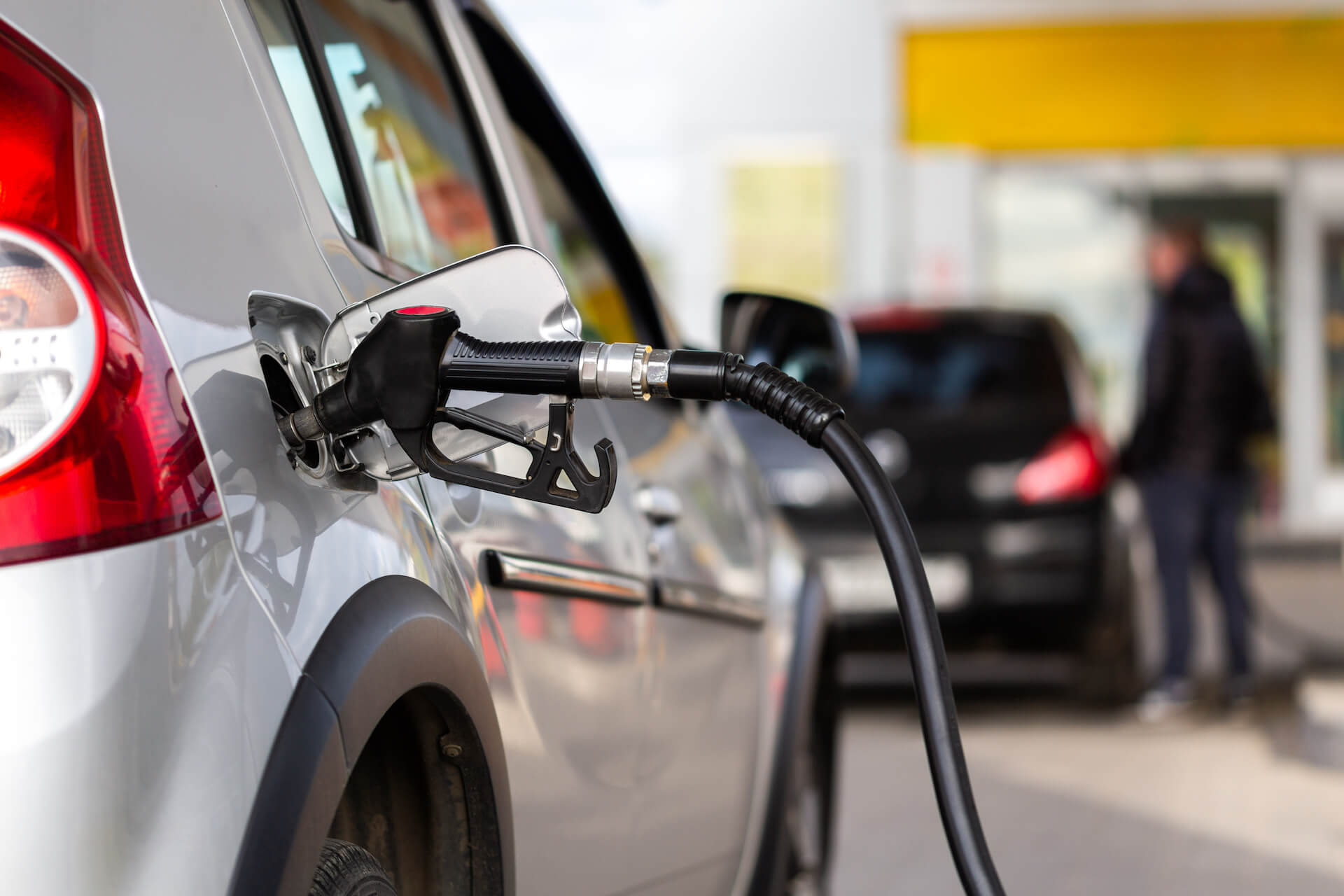We’re rolling into fall, which means by November, gas prices will be decreasing. It’s great that you can spend less to fill up your gas can, but you may be wondering why gas prices fluctuate in the first place. The experts at EZ-POUR® are here to dive into the six most influential factors that affect gas prices. Now you’ll know exactly what to expect the next time you’re at the pump!
The Cost of Crude Oil
The main factor that affects the price of retail gasoline is the cost of crude oil. According to the U.S Energy Information Administration (EIA), as of 2020, about 43% of the cost for a gallon of retail gasoline went toward crude oil. So, when the price of crude oil goes up, so does the cost of retail gasoline. Foreign affairs, international trade, price manipulation, currency changes, advancements in oil-extracting technology, and development in emerging countries can all affect the price of crude oil.
Supply and Demand
The supply and demand of both retail gasoline and crude oil plays a major role in why people might pay more or less at the pump. In general, when the demand for retail gasoline or crude oil is greater than the supply, the price of both rises. When the supply is greater than the demand, the costs typically decrease. The largest factors affecting the supply and demand of crude oil and retail gasoline in the US include seasonal changes, weather disasters, and global demands.
For example, during fall and spring, refineries tend to have regular upkeep, leading to interruptions in the supply chain. As this supply decreases, the price of gasoline increases. In the summer months, prices increase with the demand for gasoline as people make their way across the country for summer vacations. So, winter is the only time when we see lower prices due to a steady supply and lower demand for crude oil and retail gasoline.
Changes in Refining Costs
While retail gasoline prices typically parallel that of crude oil, refining costs can also influence fluctuations. If anything happens to disrupt the refining process, it can drive up the price of retail gasoline. These disruptions can include a lack of capacity, shutdowns for planned or unplanned maintenance, a natural disaster, or having to reformulate the gas for the season.
Each spring, refineries have to reformulate their gasoline for the summer months. This is because summer gasoline needs extra, expensive additives to keep it from evaporating too quickly. During the fall and winter, refineries replace the summer gasoline with a cheaper version that will burn easier in cold weather, effectively lowering the overall price.
Distribution & Marketing
According to Gas Prices Explained, “distribution, marketing, and retail dealer costs and profits are also included in the retail price of gasoline.” Distribution is a multi-stage process carried out by refineries to get gasoline to gas stations around the United States. If anything interferes with any part of that process, it can affect the fuel price by affecting the gasoline supply. For instance, when the Colonial Pipeline hack occurred in May of 2021, gas prices rose nationwide by as much as $0.21 per gallon in some southeastern states. This ransomware attack occurred in tandem with another distribution issue—a shortage of trucks due to the pandemic. This combination had a major, lasting effect on retail gasoline prices.
Retail dealer costs can also have an impact on retail gasoline prices. These costs include wages and salaries, benefits, equipment, lease or rent payments, insurance, overhead, and state and local fees. Along with all these costs is the local market’s effect on the gasoline price, such as location and marketing strategy. One retail dealer’s price could be completely unrelated to the one next door simply because their rent is different, or they have various promotions enacted at the moment.
Commodities Traders
Commodities traders can influence the price of crude oil and retail gasoline month to month or even day to day. These traders buy commodities, like oil and gasoline, on the commodities futures markets. According to the balance, “if the price of the underlying commodity goes up, the buyer of the futures contract makes money. He gets the product at the lower, agreed-upon price and can now sell it at today’s higher market price. If the price goes down, the futures seller makes money. He can buy the commodity at today’s lower market price and sell it to the futures buyer at the higher, agreed-upon price.”
Most traders don’t have any intention of taking ownership of their contracts of gasoline or oil, but, instead, they intend to sell the contract for a profit. Thus, oil and gas prices depend on what buyers think the price of gas or oil will be in the future. Often, when traders believe the gas or oil prices will be high, they will bid these prices up even higher. This increase creates an asset bubble, or when “assets dramatically rise in price over a short period that is not supported by the value of the product.” But the ones paying for this bubble aren’t the traders; it’s you at the pump.
Changes In Gas Tax
Finally, it’s time to look at the array of taxes imposed at the federal, state, and local levels. For the most part, federal taxes stay the same, as it requires an act of congress to make any changes. The United States government last changed the federal gas tax in 1993 to $0.184.
State taxes vary more than anything and, in some cases, cost the taxpayers more.
The state with the highest gas tax is California at $0.62 per gallon, which is astronomical compared to Alaska, whose gas tax rests at $0.15 per gallon. Most of this money goes to state-run projects like road and bridge repairs. Other types of taxes, like a carbon tax, could also raise gas prices. However, the United States has yet to implement such a tax.
Shop EZ-POUR® For All Your Gasoline Needs
Whether the gas price has gone up or down, you must be prepared to fill up your engine when needed. Whether you’re doing yard work or fueling your new truck, you need a spout you can trust. With an EZ-POUR® spout and accessories, such as base caps and adaptors, you’ll never have to worry about your old gas can leaking again. Visit our website today and see for yourself all that we have to offer!

